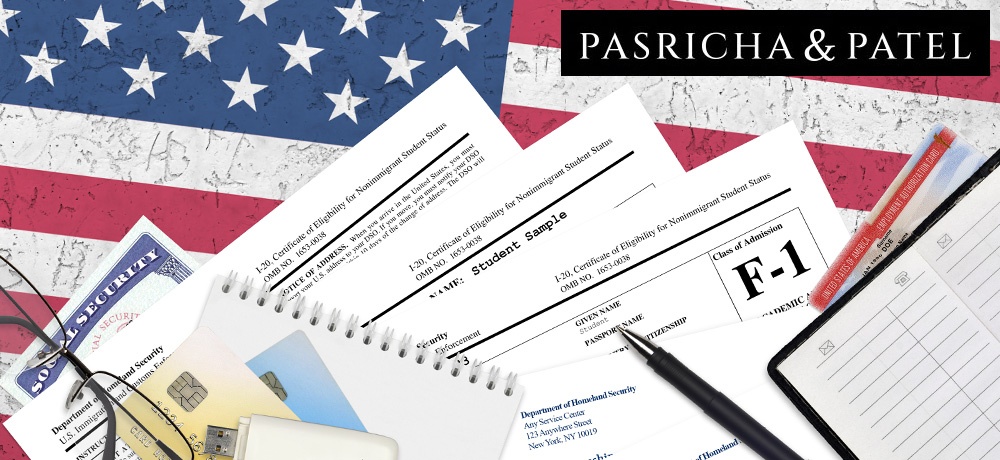
USCIS Unveils Important Updates for F and M Student Nonimmigrant Classifications
Categories: Attorneys , Best US Immigration Attorney , F visa , immigration attorneys , Law Firm , Lawyers , Legal Services
On December 20, 2023, the U.S. Citizenship and Immigration Services (USCIS) introduced an updated policy guidance. This policy guidance addresses key aspects of the F and M student nonimmigrant classifications as well as providing insights into USCIS' role in processing applications related to employment authorization, change of status, extension of stay, and reinstatement of status for international students and their dependents in the United States.
Primary Points:
- Understanding Different Classifications: International students can obtain two types of student visa: F-1 and M-1 visas. The F-1 classification allows for noncitizens to enter the United States as full-time students at an accredited university, college, conservatory, or any other academic institution. In other words, the student must be enrolled in a program that concludes in a degree or certification. The M-1 classification includes noncitizens in any acceptable vocational or nonacademic program excluding language training program.
- Enhancing Clarity through Consolidation: Through these updates, USCIS aims to bring clarity to international students and U.S. educational institutions on various fronts, encompassing eligibility requirements, school transfers, practical training, and on- and off-campus employment.
- Foreign Residence Requirement: The guidance underscores the importance for F and M students to maintain a foreign residence that they do not intend to abandon. However, exceptions are introduced for students who are beneficiaries of permanent labor certification applications or immigrant visa petitions. Such students may demonstrate their intention to depart after a temporary period of stay in the United States.
- OPT Extension for STEM Degrees: Addressing a pivotal aspect of foreign student academic programs, the guidance details that students in possession of F visas seeking an extension of Optional Practical Training (OPT) based on a STEM degree can now explore employment opportunities with startup companies. This is subject to specific conditions, including adherence to training plan requirements, good standing with E-Verify, and providing compensation comparable to that of similarly situated U.S. workers.
This USCIS policy update brings welcome clarity to international students and educational institutions. It covers essential aspects such as foreign residence requirements, eligibility for certain benefits, and employment opportunities for STEM students. This information also helps foreign students who may wish to pursue employment-based immigrant applications but were concerned that it could jeopardize their nonimmigrant status in the U.S.
Due to the ever-changing rules and regulations in this area of immigration law, we do encourage readers to check in with our site for regular updates.